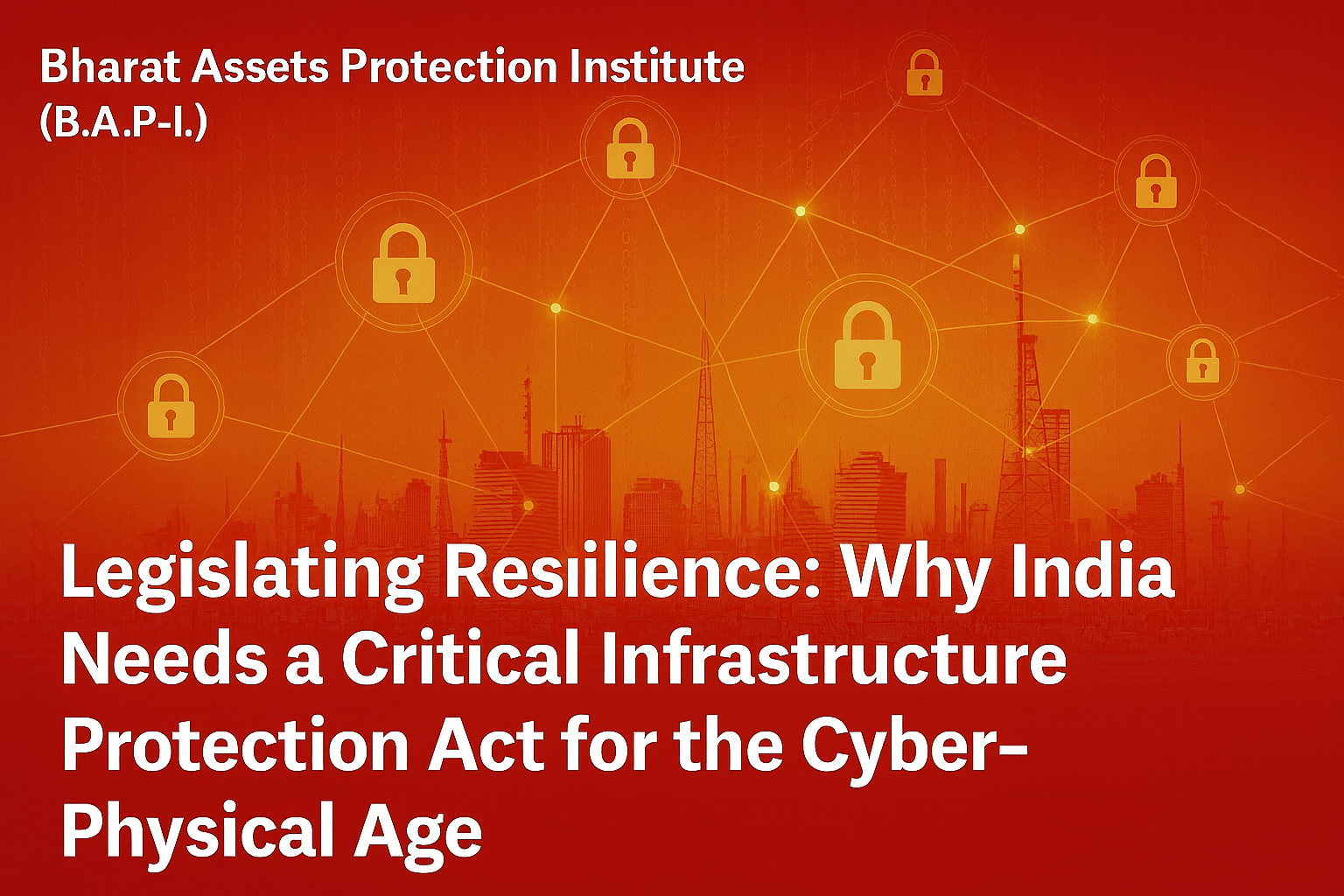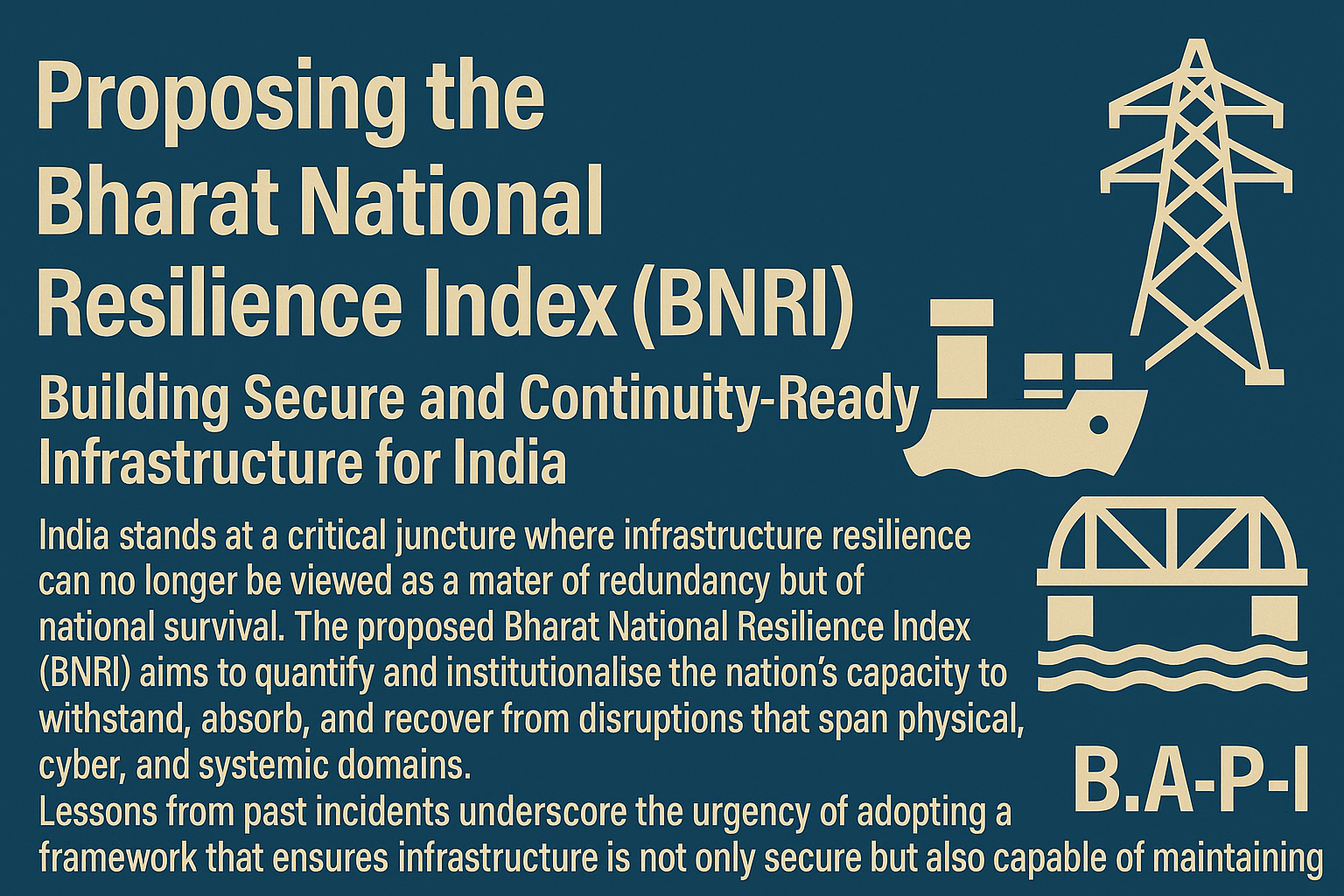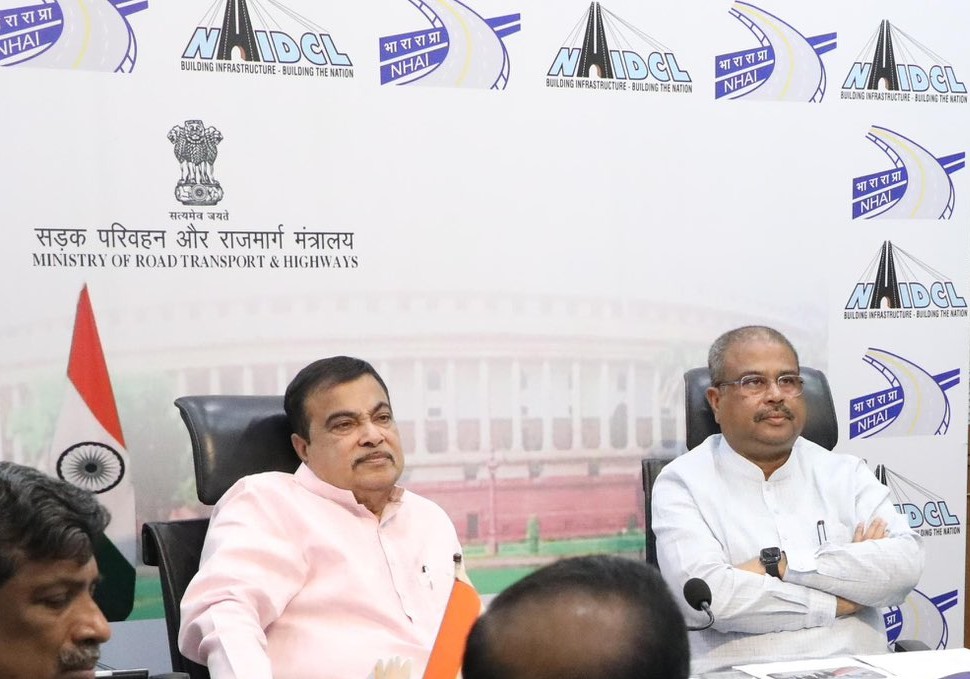Post-Operation Sindoor,
India’s border security posture has shifted into a decisive phase characterised
by offensive deterrence, heightened legal consequence, and multi-domain
enforcement supported by technology. The evolving threat environment, defined by
drone-assisted arms delivery, hybrid warfare, organised infiltration pipelines,
and demographic manipulation, has accelerated the transformation of the Border
Security Force into a more strategically empowered national-security
institution with expanded jurisdictional reach, enhanced military capability,
and sharper operational focus. This evolution reflects a structural
recalibration rather than a short-lived reactive adjustment, positioning border
protection as inseparable from safeguarding democratic continuity, territorial
integrity, and sovereign identity. It is now treated as a strategic determinant
of internal stability rather than an isolated law-and-order concern. The
post-Sindoor environment signals the rise of a new enforcement paradigm in which
real-time surveillance, strengthened interdiction capability, and coordinated
response frameworks shape a doctrine of pre-emptive security. Within this
shifting landscape, the Border Security Force is positioned as a central pillar
of national security, tasked with preventing hybrid threats, sustaining
territorial security, and upholding constitutional legitimacy in an
increasingly volatile geostrategic context.
Latest
India’s critical infrastructure now functions as a tightly
coupled cyber-physical organism where disruption in one node propagates across
national systems within minutes. Conventional sector-bound protection models no
longer address this operational reality. This strategic piece presents the
Prahari as a consolidated national continuity architecture that converts Bharat
National Resilience Index classification into defended operational control
across power, transport, data, logistics, water, industrial, and urban service
systems. It prescribes a permanent continuity force, unified command lattice,
measurable recovery ceilings, enforceable redundancy depth, and endurance-based
governance that reposition infrastructure continuity as a sovereign security
function. The framework integrates physical security, cyber control,
electromagnetic stability, industrial restart sequencing, disaster sustainment,
intelligence correlation, and statutory audit discipline into a single national
continuity enforcement system designed to preserve service depth, deny
cascading collapse, and restore national performance under persistent
disruption conditions.
India’s
expanding digital and physical interdependence has transformed its Critical
Information Infrastructure (CII) into both an engine of growth and a domain of
vulnerability. The surge in hybrid threats—state-sponsored intrusions,
ransomware, and supply-chain disruptions—demands a unified statutory framework
that transcends fragmented governance. This article calls for the enactment of
a Critical Infrastructure Protection Act (CIPA) to institutionalise
cyber-physical resilience through structured vulnerability assessments,
coordinated response mechanisms, and measurable performance indices such as the
Bharat National Resilience Index (BNRI). By aligning technology, policy,
and accountability, CIPA can redefine national security as the sustained
continuity of India’s essential systems, ensuring that resilience becomes both
a legal mandate and a strategic instrument of comprehensive national power.
India’s critical infrastructure has evolved into an
interdependent cyber-physical ecosystem where disruptions cascade across
sectors with unprecedented speed. The absence of a unified resilience metric
has left governance fragmented and recovery uneven. The proposed Bharat
National Resilience Index (BNRI) seeks to quantify resilience as a measurable
systems property—integrating threat assessment, zero-tolerance compliance,
adaptive governance, and defence-in-depth engineering into a cohesive national
framework. By combining all-hazards consequence mapping with public–private
coordination, BNRI transforms resilience from reactive crisis management into
anticipatory continuity planning. It establishes a technical and policy
foundation for harmonised regulation, transparent accountability, and sustained
service integrity across India’s critical sectors.
Title: Aligning Ministerial Initiatives with Ground-Level Execution:
Bridging the Policy–Practice Divide in India’s Road Safety Framework
Written
On: 16 April 2025 | Updated on 10 October 2025
Category:
Internal
Security Management Specifics
Sub-Category:
Advanced
Traffic Management
Author:
Dr
Padmalochan Dash/Bharat Assets Protection Institute
Author’s
Note: The focus is on how policy ambition meets on-ground
execution, where gaps often decide life and death. Observations are drawn
entirely from public government documents cited below.
India’s inter-state
borders have transformed from administrative demarcations into volatile seams
where internal disorder, external interference, and hybrid threats intersect.
These corridors, once intended for governance, now function as operational sanctuaries
for insurgents, smugglers, narco-terror syndicates, and demographic
manipulators. The absence of a neutral federal mechanism has repeatedly
produced jurisdictional paralysis and political confrontation, as evident in
the Assam–Mizoram firefight of 2021, Red Corridor insurgencies, and the
pandemic-induced collapse of inter-state logistics. This article proposes the
creation of an Inter-Border Security Force (IBSF) — a neutral,
technology-driven, and intelligence-fused federal entity mandated to stabilise
disputed corridors, dismantle illicit economies, secure supply chains, and
ensure humanitarian mobility during crises. Functioning under a dedicated Act
of Parliament and aligned with the Bharat National Resilience Index (BNRI), the
IBSF would bridge centre–state coordination, embed cyber-physical surveillance
within governance corridors, and convert India’s internal fault lines into
resilient arteries of national unity.











